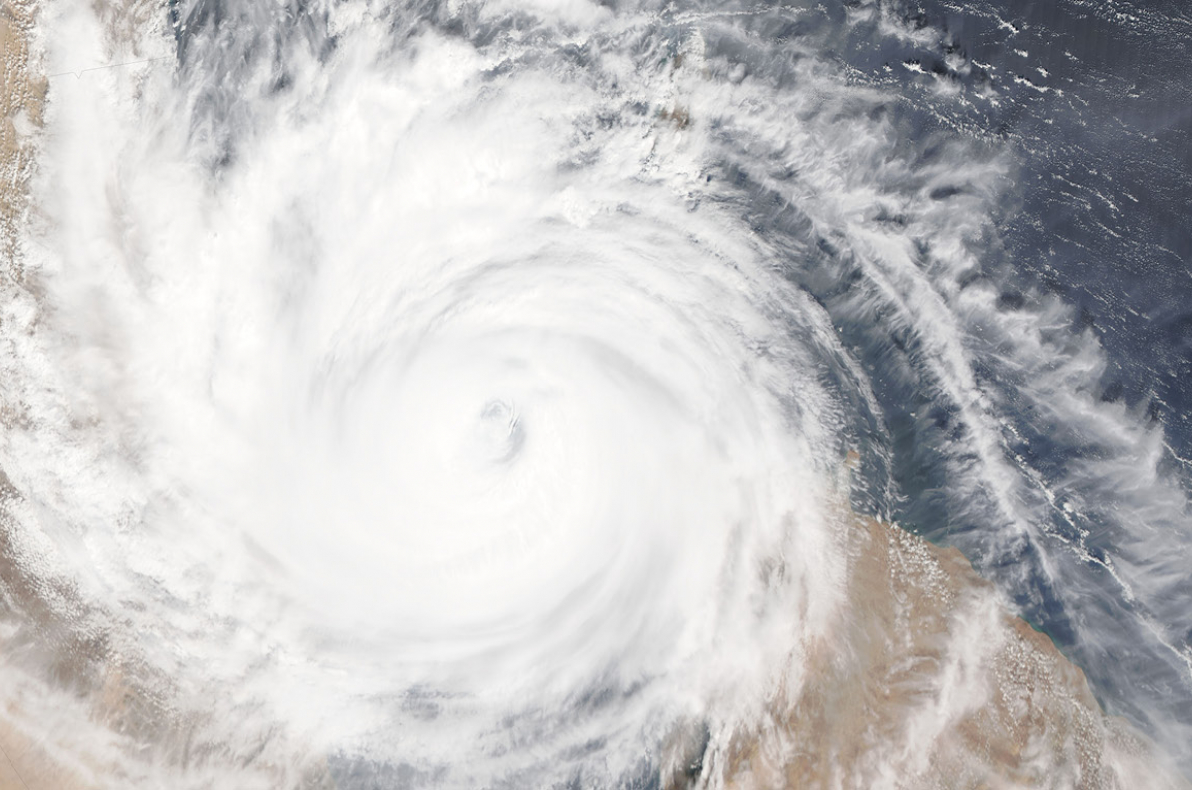Practice Makes Perfect: Part II with Darren Hudema

Darren Hudema, WLS, Restoration Products Specialist with Dri-Eaz Products Inc., provides his ingsight on how to best prepare for the next natural disaster.
There’s a saying that practice makes perfect. Although, if this is your first time, responding to an event such as Harvey or Irma is not the best situation to learn. Teaming up with companies that are well organized, have the resources to deal with long-term response and the training to successfully respond to these events is a good way to learn.
Each event always has its unique challenges that requires experience and proper resources to manage the challenges they present. Hardest hit areas are in dire need of help, but there was so much confusion and misinformation, good communication and organization skills become crucial and essential to success. Knowing what areas are accessible and how to get crews into areas where infrastructure has been compromised requires staying in touch with local officials and having the proper documentation to enter these areas is essential. Drones have become a vital tool in surveying neighborhoods for areas still under water, whether roads are passable and determining whether electrical hazards exist due to downed trees and power lines. Planning, response and recovery phases are interrelated and takes a well-organized and experienced teams with all the resources (personnel, equipment, accommodations, and training) to handle these events.
Keys to Success
Act Quickly
Experienced restoration contractors take advantage of the window of opportunity post-event to assess and determine the scope and magnitude of the event.
Actively Plan
Planning maximizes the opportunities for contractors to coordinate interrelated elements of response. These elements include infrastructure, environmental issues and culture and promoting professional response.
Communication – Important to Success
A successful communication process gives all materially interested parties a way to interact and provide their input on expectations, timelines and processes. It legitimizes the planning process, scopes of repair, and gives all materially interested parties’ ownership to a successful outcome of the project.
Develop Partnerships, Networks and Effective Coordination Strategies
A broad and connected network of public, private and nonprofit entities is needed to support community recovery. First response contractors should coordinate and leverage resources, capitalize on local knowledge, and incorporate all necessary information and resources needed throughout the restoration process from beginning to end.
Greatest Challenges
There are many challenges that will present themselves when responding to events such as the hurricanes that have made landfall over the years. I think first and foremost challenge is the time spent away from home and family. Events like those mentioned above can require being away for weeks even months at a time. This can be very stressful for not only the responders, but their spouses and family. It’s important to find ways to spend time together, whether flying home for a few days, or flying your spouse or family in. This can be challenging though with the issues mentioned previously, lack of accommodations, fresh water, food, health concerns, and other storm related challenges.
Another significant challenge is the time. Due to the size of these events, the responsibility to respond in a timely matter, get buildings under control, preventing any further damage from occurring, developing scopes of repair, coordinating all response efforts and remediation plans, all first responders will likely get little to no sleep for a number of days. Maintaining a healthy regimen includes, personal hygiene, daily vitamins to keep immune system built up, and sleep are very important to enduring the long days and rigorous schedule.
Some of the other challenges are logistical. Extreme winds and significant flooding from rains and storm surge can cause power grids to fail, fresh water compromised as water treatment plants go offline, or sewage and contaminated waters mix with broken water mains. These issues tax basic necessities such as fresh water, fuel, limited access to cash through ATM and POS/Credit Card terminals that are offline and food needed to operate due to store closures, high demand and limited restocking. Maintain your food supply levels with items that you can consume without power or gas and keep multiple days’ worth of water on hand. Freight companies limit or cancel services into disaster areas through area code restrictions so make sure you have plenty of bottle water for your crews. Restoration companies need to have contingency plans in place to deal with these types of issues.
How to Find Trusted Workers
When someone is looking to work with a trusted professional, start by seeking out certified professionals. There are many companies that will offer their services in a time of need, but not all are professional nor have the appropriate training or resources to handle the project. Take your time and do your due diligence to find certified restoration professionals. Utilize sites such as RIA.org to find Certified Restorers, and Water Loss Specialists, and IICRC.org to find Certified Firms, Master Restorers, Master Water Restorers.
Make sure you always get a scope of repair, pricing and establish a contract in writing before allowing a restoration company to begin services.
